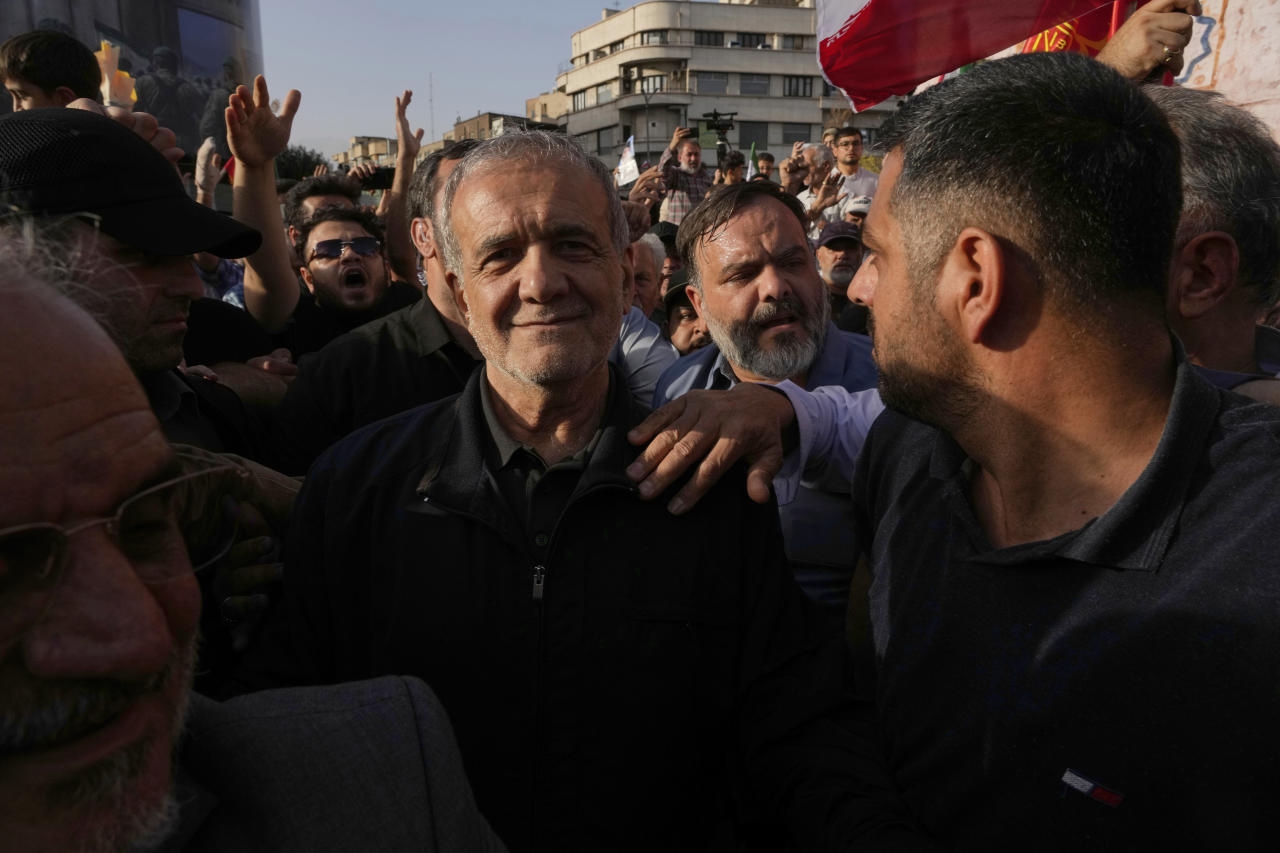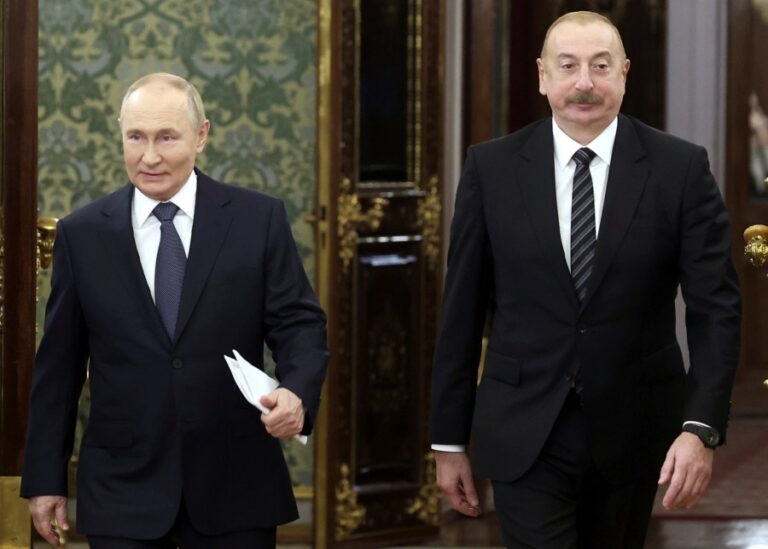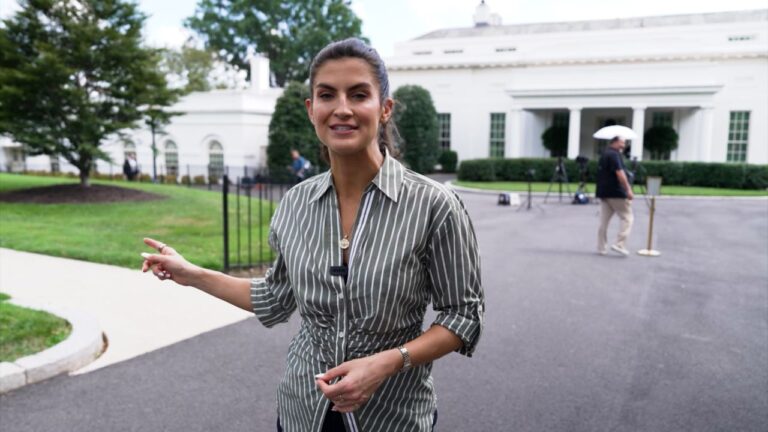In a significant escalation of tensions, Iran has announced the suspension of its cooperation with the United Nations’ International Atomic Energy Agency (IAEA). This decision, revealed on Monday, leaves the global watchdog without oversight of Iran’s nuclear activities, igniting fears of potential advancements in Tehran’s nuclear capabilities.
The move comes amid heightened geopolitical tensions and follows a series of diplomatic setbacks between Iran and Western nations. The IAEA’s inability to monitor Iran’s nuclear program raises alarms about the nation’s potential to resume or expand its nuclear work without international scrutiny.
Background and Recent Developments
Iran’s decision to halt cooperation with the IAEA is not without precedent. The country has previously reduced its compliance with the 2015 nuclear deal, formally known as the Joint Comprehensive Plan of Action (JCPOA), following the United States’ withdrawal from the agreement in 2018 under then-President Donald Trump. The JCPOA was designed to limit Iran’s nuclear capabilities in exchange for the lifting of economic sanctions.
Since then, Iran has progressively breached the deal’s restrictions, enriching uranium beyond the permitted levels and expanding its stockpile. The latest suspension of cooperation further complicates efforts to revive the JCPOA, a goal that current U.S. President Joe Biden has expressed interest in pursuing.
Expert Opinions and International Reactions
Experts in international relations and nuclear non-proliferation have voiced concerns over Iran’s latest move. Dr. Emily Landon, a senior analyst at the Institute for International Security, stated,
“The suspension of cooperation with the IAEA is a concerning development. Without oversight, the international community is left in the dark about Iran’s nuclear activities, increasing the risk of potential proliferation.”
The European Union and several member states have urged Iran to return to compliance with the IAEA’s monitoring protocols. Meanwhile, the United States has reiterated its willingness to engage in diplomatic discussions, though it has also emphasized the importance of Iran adhering to international agreements.
Historical Parallels and Implications
This development echoes past instances of nuclear tensions in the region. Similar situations have occurred with North Korea, where the absence of international oversight has led to significant advancements in nuclear capabilities, ultimately resulting in a more complex security dilemma.
The implications of Iran’s decision are manifold. The lack of transparency could lead to increased regional instability, particularly affecting neighboring countries such as Israel and Saudi Arabia, which have historically viewed Iran’s nuclear ambitions with suspicion.
Furthermore, the suspension may impact global energy markets. Iran, a major oil producer, has faced economic challenges due to sanctions. Any escalation in tensions could potentially disrupt oil supplies, affecting global prices.
Looking Ahead: Potential Consequences and Diplomatic Efforts
The international community now faces the challenge of addressing this new phase of Iran’s nuclear ambitions. Diplomatic efforts are likely to intensify, with potential for renewed negotiations aimed at bringing Iran back into compliance with the JCPOA or establishing a new framework for nuclear oversight.
As the situation unfolds, the role of regional powers, including Russia and China, may prove pivotal. Both countries have historically maintained closer ties with Iran and could influence Tehran’s decisions moving forward.
In conclusion, Iran’s suspension of cooperation with the IAEA marks a critical juncture in the ongoing nuclear saga. The international community must navigate a complex landscape of diplomacy and strategic interests to ensure regional stability and prevent further nuclear proliferation.

















